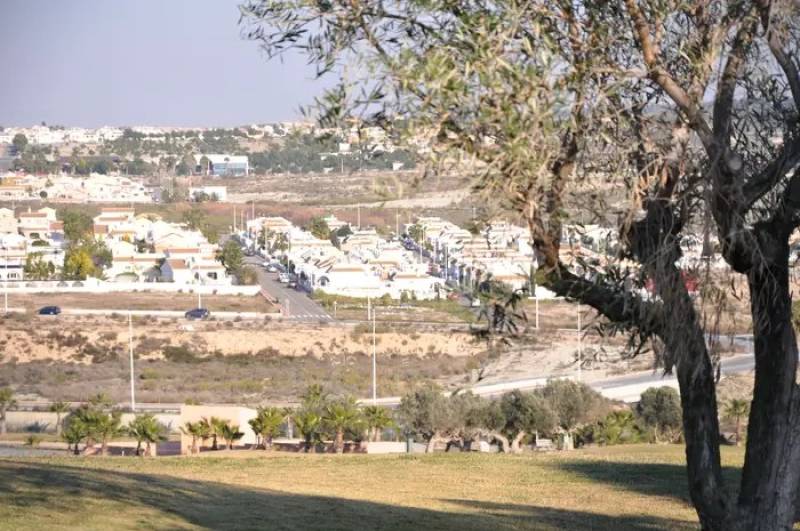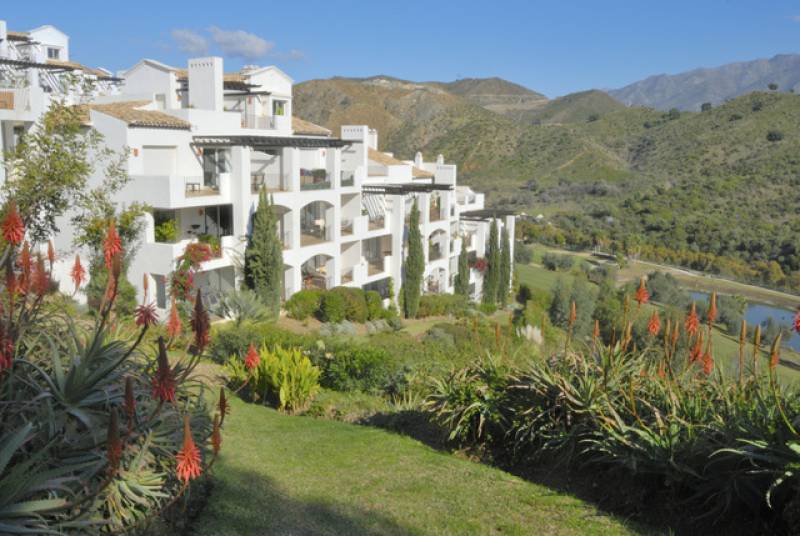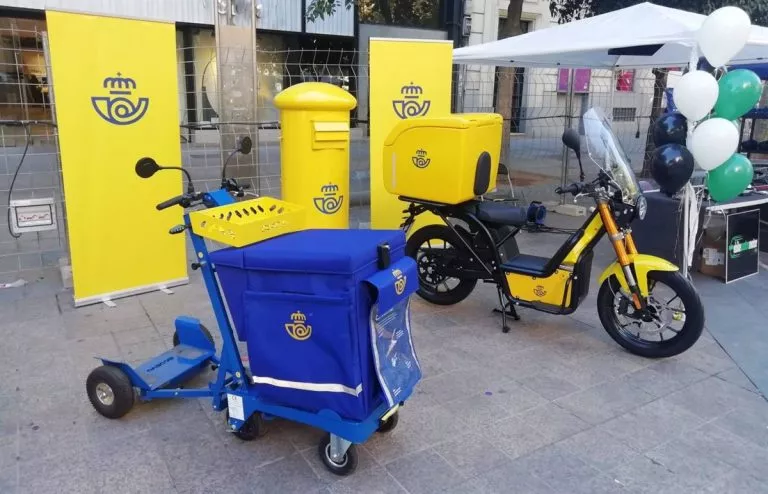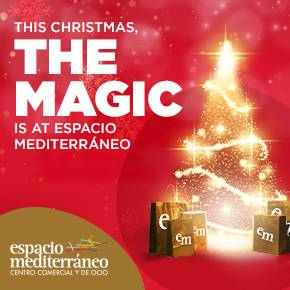- Region
- Vega baja
- Marina Alta
- Marina Baixa
- Alicante
- Baix Vinalopo
- Alto & Mitja Vinalopo
-
ALL TOWNS
- ALICANTE TOWNS
- Albatera
- Alfaz Del Pi
- Alicante City
- Alcoy
- Almoradi
- Benitatxell
- Bigastro
- Benferri
- Benidorm
- Calosa de Segura
- Calpe
- Catral
- Costa Blanca
- Cox
- Daya Vieja
- Denia
- Elche
- Elda
- Granja de Rocamora
- Guardamar del Segura
- Jacarilla
- Los Montesinos
- Orihuela
- Pedreguer
- Pilar de Horadada
- Playa Flamenca
- Quesada
- Rafal
- Redovan
- Rojales
- San Isidro
- Torrevieja
- Comunidad Valenciana
Jumilla is saving money and energy with sunshine
The town hall has fitted solar panels to numerous public buildings
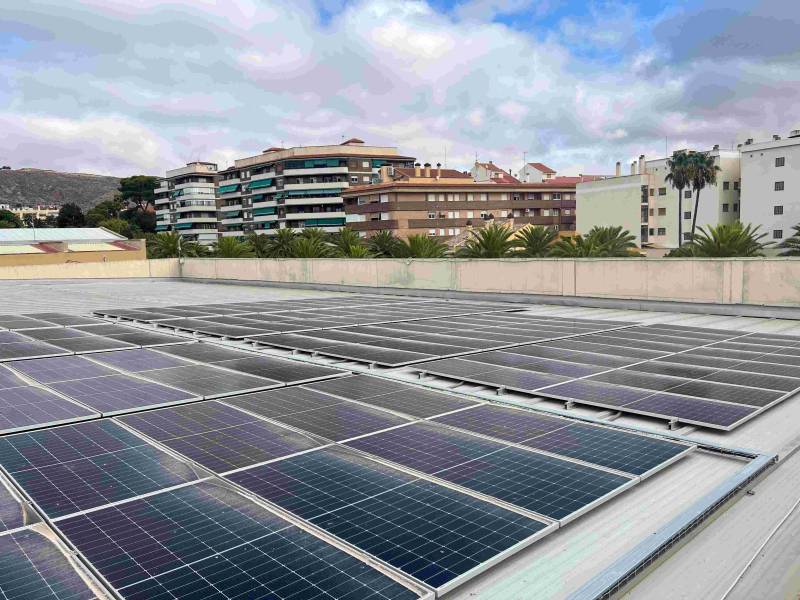 Jumilla town hall has been making investments to save taxpayers’ money and reduce the amount of electricity it uses, by installing solar panels on municipal buildings, particularly schools and sporting facilities.
Jumilla town hall has been making investments to save taxpayers’ money and reduce the amount of electricity it uses, by installing solar panels on municipal buildings, particularly schools and sporting facilities.
This initiative will enable the energy consumption of these installations to be reduced by over 60%, and will cut their electricity bills in half, according to a spokesperson for the council.
These places include the San Francisco infant and primary school, with 166 panels providing 63 kilowatts of power, the indoor heated swimming pool with 220 panels to generate up to 83kW, and the Roque Baños socio-cultural centre with 28 panels (10kW).
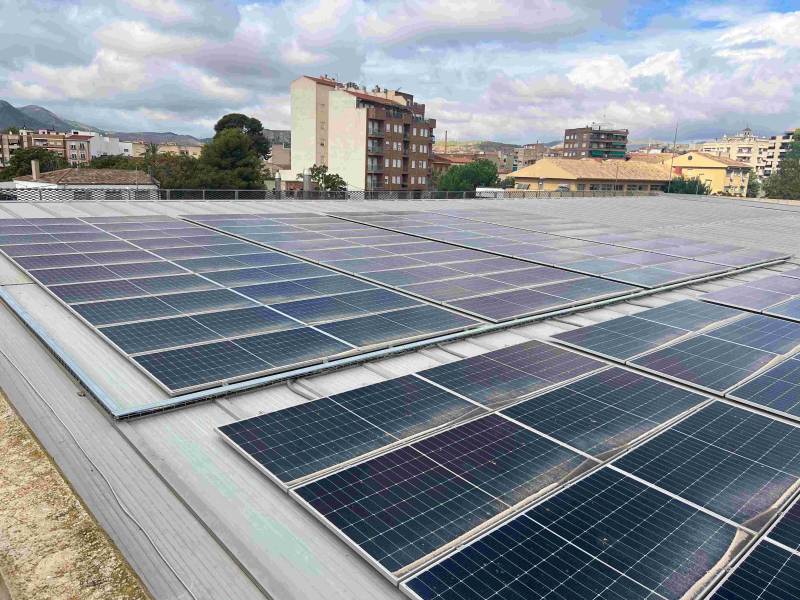 Panels have also been fitted to the Miguel Hernández, Príncipe Felipe, Nuestra Señora de la Asunción, Carmen Conde and Mariano Suárez schools, which can each produce between 10 and 20kW.
Panels have also been fitted to the Miguel Hernández, Príncipe Felipe, Nuestra Señora de la Asunción, Carmen Conde and Mariano Suárez schools, which can each produce between 10 and 20kW.
The installations have a minimum useful life of 35 years and their maintenance will be taken care of by the developers of the Cerrillares I and Balbona solar power plants, in order to ensure that they work properly in the long term.
They also include remote monitoring systems to control the production and usage of energy in real time.
This project forms part of the measures to compensate for the environmental impact of the solar plants that have been set up in the municipality over the last few years.
One condition was to compensate for the loss of the affected land’s ability to absorb carbon dioxide (CO2), and it was decided to do this with systems that enable public buildings to generate their own electricity.
Mayor Seve González noted that the work on the indoor pool and the Principe Felipe school received the AENOR Energy Management System Certificate this week.
“This measure is beneficial for Jumilla in two ways: firstly it improves sustainability, and secondly it represents a significant financial saving for the municipal coffers by cutting the electricity bill for these buildings in half,” she said.
“With this project, Jumilla Town Hall is reinforcing its commitment to energy efficiency and making progress towards more efficient management of public resources by investing in clean and sustainable energy.”
Images: Ayuntamiento de Jumilla
staff.inc.ali
Oficina de Turismo Jumilla
The tourist office in the centre of Jumilla is easily found by driving straight into the centre of the town along the Avenida de Murcia and following the signposts. The tourist office is alongside the Parque de Don Albano Martínez Molina, where there are a number of parking spaces.
Jumilla, in the north of the Region of Murcia, has become internationally famous over recent decades due to the quality of the wines produced in the municipality, and wine tourism has begun to attract visitors from other parts of Spain and the rest of Europe.
The tourist office is happy to provide a range of maps and leaflets showing the different bodegas which can be visited within the municipality. Some of these form part of the Rutas del Vino de Jumilla, the Jumilla wine route, and can either be visited as a guided tour or sell their produce directly to the public.(see feed below for more details)
However, the town and the surrounding countryside have plenty of other attractions for visitors, and the popularity of Jumilla wines is leading more and more people to discover other facets of the tenth largest municipality in Spain.

These include the spectacular countryside and birdlife in the Sierra del Carche, the historic remains which range from cave paintings and a Roman mausoleum to the castle, the Iglesia de Santiago, the Town Hall and the Teatro Vico, and the gastronomy: rich stews are accompanied not only by the wines of the area but also by Jumilla pears, which also enjoy Denomination of Origin status.
Tourism in Jumilla is not as seasonal as it is in the coastal areas of the Region of Murcia, but the town is at its liveliest during the fiestas in Holy Week and the August Fair, which incorporates the grape harvest celebrations and the Moors and Christians parades.
The Altiplano of the Region of Murcia, which consists of the municipalities of Jumilla and Yecla, is only just over an hour by car from the Mar Menor, Cartagena, Mazarrón, Torrevieja and Alicante, and anyone wishing to visit real inland Spain and world-class wineries is advised to include Jumilla in their schedule.
Opening hours
Summer
Tuesday to Friday from 10am to 2pm
Saturday and Sunday 10am to 2pm
Monday closed
Winter
Tuesday to Friday from 10am to 2pm and 5pm to 7pm
Saturday and Sunday 10am to 2pm
Monday closed
Click for full information about visiting the Jumilla municipality and its wine bodegas: Jumilla section















